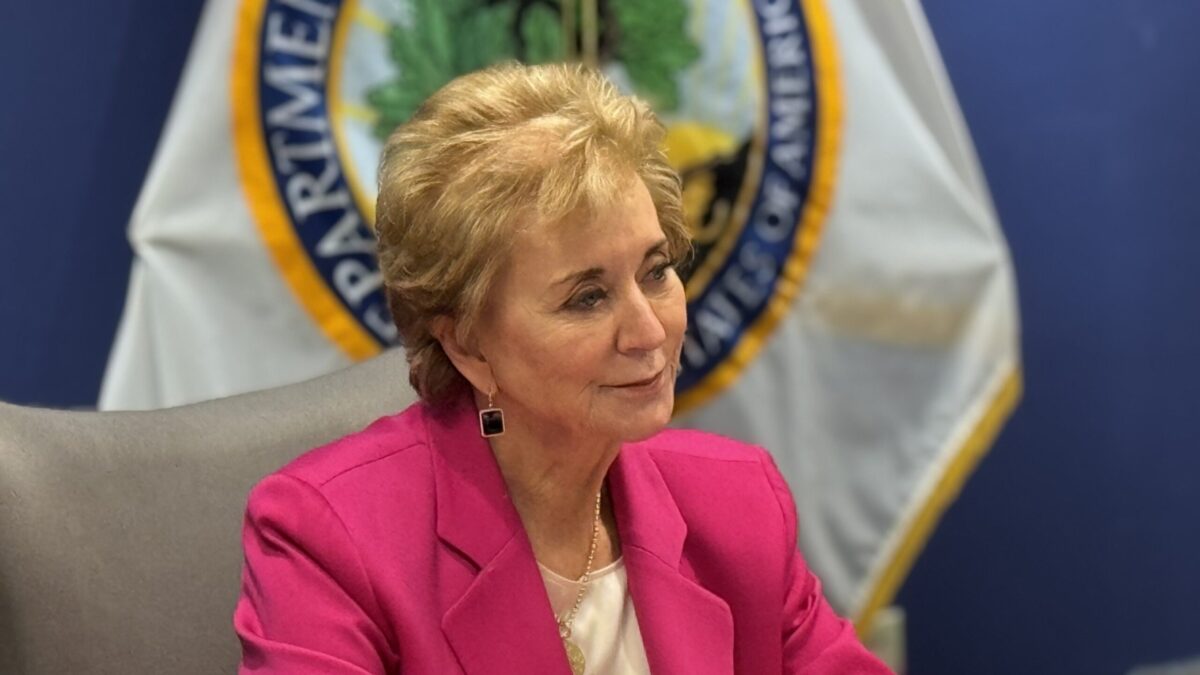For more than a week now, residents of Southern California like myself have been on the receiving end of texts and calls from friends and relatives confirming we were out of harm’s way from the fires ravaging Los Angeles County.
I received such a text from a friend who lives in Alabama. After I told him we were south of the fires and safe, he asked how such sweeping tragedies could happen in a place like Los Angeles. Unable to resist the opening, I told him the government in California generally, and in Los Angeles County specifically, had become bloated, wasteful, and sclerotic and was no longer capable or interested in serving its citizens. The fires and the government’s inability to respond to them were tragic and heartbreaking but in the end, not surprising to anyone who has been paying attention. California had been staggering towards some sort of disaster for some time.
My friend pointedly responded with Hemingway’s famous line: It happens gradually, then suddenly.
There will be time enough to allocate blame and accountability for what happened in Malibu, the Palisades, Woodland Hills, Altadena, and Pasadena. But even at these early stages, some truths have revealed themselves about the deep-blue dominated California and Los Angeles and the one-party, progressive model of government.
First, ideology is not leadership, and leadership is not fungible. Los Angeles Mayor Karen Bass demonstrated within hours her unfitness to deal with calamity unfolding on her watch. California, a Democratic Party-controlled state where no Republican holds statewide office, chooses its political leaders based on ideological conformity and immutable traits. The result is that government positions are filled by far-left “firsts” pledged to the progressive agenda. In one-party California, it is more important an individual with the desired traits and ideology holds a position of power than their ability to actually do it.
California also chooses leaders based on DEI, and DEI always cracks under pressure. As Henry Kissinger correctly observed, the intellectual capital leaders accumulate prior to reaching the top is all they’ll be able to draw from while at the top. Democrat politicians in California’s one-party system do not accumulate intellectual capital because they don’t have to.
The political conveyor belt powered by the public employee unions and their bosses moves Democrats through the ranks. But when they arrive at the top, their leadership cupboard is bare. In the moments of crisis, they have no mental resources or experience to draw upon. Bass put this on full display when she stood mute and shellshocked in a jetway at the airport while being questioned by reporters after returning from a junket in Ghana.
Nobody cares whether you are the first female, black mayor of Los Angeles if you’re incapable of leading through the crisis. Or to paraphrase Thucydides, disasters bring politicians’ character to the level of their fortunes. The fires have revealed Mayor Bass’ character.
We are witnessing the collapse of leadership and credibility across all levels of government, and as my friend observed, it happened gradually, then suddenly. In deep-blue coastal California, the government’s focus at all levels seems to have shifted from serving citizens to low-grade ideological evangelism fueled by DEI. Nothing works, and worse than that, nobody expects anything to work.
Los Angeles spent tens of billions on a sprawling homelessness issue that has turned certain streets in downtown Los Angeles into something that wouldn’t be out of place in Calcutta. The city’s infrastructure is crumbling. There are rolling power blackouts and water shortages. Against this backdrop of failure and mismanagement, it is entirely believable Los Angeles would put more effort into painting fire hydrants with pride colors than to ensure those same hydrants had the pressure necessary to fight fires — or water.
And this is perhaps the most terrifying point of all. DEI is pervasive. California has embraced it and a Karen Bass or someone just like her exists in a leadership position at every level of state, local, and federal government. Maybe she’s your city’s fire chief, more focused on meeting certain “diversity” goals for her department and finding people who look like her than ensuring firefighters are properly trained and equipped for the job.
Bass is not an outlier. She is simply the most familiar example of this recent phenomenon because events conspired to draw our attention to her and the sprawling, expensive, distressingly ineffective bureaucracy over which she presides. She is not a leader because she never had to be, and her performance when the spotlight was brightest and most unforgiving should not be surprising. She is the by-product of a system that rewards and prioritizes traits other than merit, competence, and ability. Sadly, the system that chose Bass to be the mayor of Los Angeles still exists, and it is all around us.









